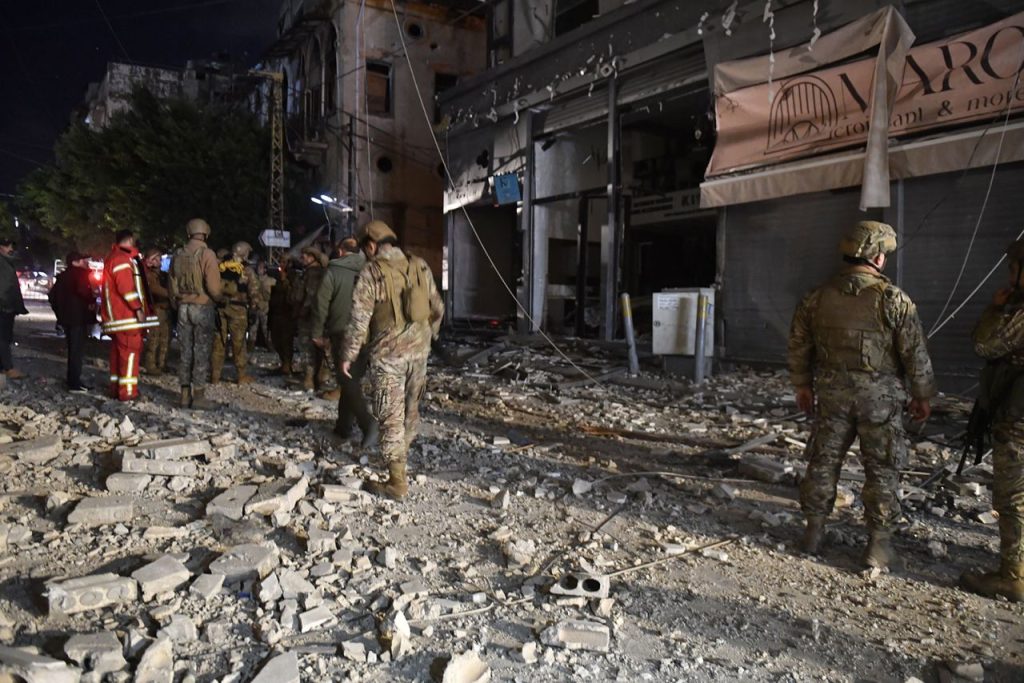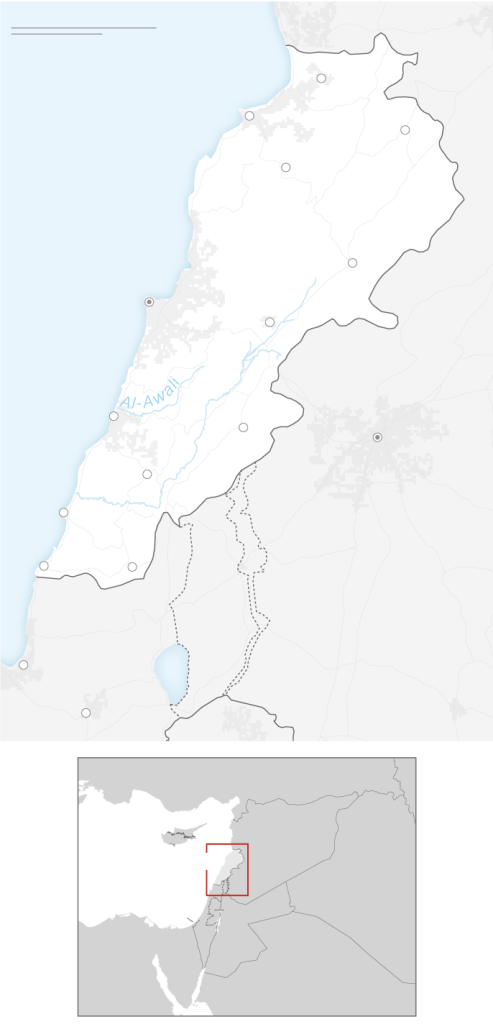
Israel and Lebanon on Tuesday accepted a US-backed proposal to end the 13-month border conflict that spiraled into an all-out war in September with Hezbollah.
From the White House’s Rose Garden, US President Joe Biden said the deal “is designed to be a permanent cessation of hostilities” and would go into effect at 4 a.m. local time Wednesday (9 p.m. ET on Tuesday).
The ceasefire “will create the conditions to restore lasting calm and allow residents in both countries to return safely to their homes on both sides of the Blue Line,” according to a joint statement from Biden and French President Emmanuel Macron, referring to the de facto border between Lebanon and Israel.
Here are answers to some key questions:
What does the deal entail?
The deal stipulates a 60-day cessation of hostilities, which negotiators have described as the foundation of a lasting truce. During that time, Hezbollah fighters are expected to retreat some 40 kilometers (25 miles) from the Israel-Lebanon border, while Israeli ground forces withdraw from Lebanese territory.
UN Security Council Resolution 1701, which ended the last all-out war between the two countries in 2006, has been the basis of the deal and the negotiations have mainly revolved around the treaty’s enforcement.
Under the agreement, Lebanon would implement a more rigorous supervision of Hezbollah’s movements south of the country’s Litani river, to prevent militants from regrouping there. United Nations peacekeeping troops, the Lebanese military and a multinational committee will be tasked with supervising the Iran-backed group’s movements.
Israel has vowed to resume military operations if there’s a breach of the agreement.

Graphic: Henrik Pettersson and Rachel Wilson, CNN
Will the truce hold?
The ceasefire agreement heralds much-needed respite for Lebanese civilians, hundreds of whom have been killed in Israeli airstrikes, as well as for Israelis, millions of whom have taken to shelters amid Hezbollah’s daily barrage of rocket fire.
But there are questions about how long the truce may hold for. Israel insists that it will take military action in response to any breach of the agreement. That could reignite the conflict, putting US-backed diplomatic efforts in jeopardy.
Would this truce have an impact on the war in Gaza?
Palestinians in Gaza are unlikely to find respite if a Lebanon deal is signed, according to a regional analyst.
A possible Hezbollah-Israel agreement “means nothing for Gaza,” HA Hellyer, a senior associate fellow in security studies at the Royal United Services Institute (RUSI) in London, told CNN.
“I don’t think the conclusion of any deal with regards to Lebanon is likely to make one in Gaza more likely,” Hellyer said, adding that there haven’t been substantial ceasefire negotiations in Gaza for a long time.
